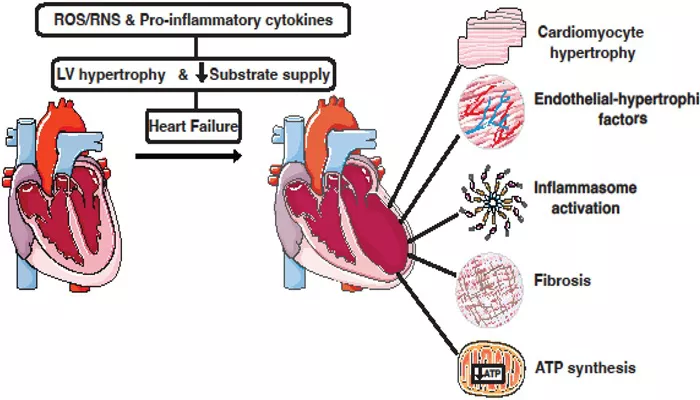BLACKSBURG, Va. – Cardiovascular scientists at Virginia Tech have identified a promising new approach to treating heart failure. Researchers at the Center for Vascular and Heart Research, part of the Fralin Biomedical Research Institute, discovered that the PERM1 protein significantly improved cardiac function in healthy mice.
“Approximately six million people in the United States suffer from heart failure, and half of these patients do not survive beyond five years after diagnosis. This indicates that current therapies are insufficient,” said Junco Warren, an assistant professor at the institute. “Systolic heart failure occurs when the heart muscle weakens and the mitochondria fail to produce enough energy for the heart to function effectively.”
The PERM1 protein not only strengthens the heart but also regulates its energy output—an ability not matched by existing treatments.
According to the CDC, heart disease remains the leading cause of death in Virginia.
Researchers at Virginia Tech plan to conduct further studies on the effects of the PERM1 protein in failing hearts to determine its potential benefits in clinical settings.
Related topics:
- Study Identifies NAT10’s Role in Vascular Remodeling Through mRNA Ac4C Modification
- Study Finds CaRi-Heart® Technology Could Save Lives And Cut Costs for NHS
- New Experimental Therapy Improves Tissue Repair After Heart Attack

